NAIROBI/JOHANNESBURG/ADDIS ABABA, 1 January 2018: Approximately 48,000 babies will be born in the Eastern and Southern Africa region on New Year’s Day, UNICEF said today, as the UN Children’s Fund asked nations around the region to make sure more newborns survive their first days of life.
In 2016, an estimated 2,600 children around the world died within the first 24 hours, every day of the year. Across that same year, 136,000 newborns died in Ethiopia and The United Republic of Tanzania combined, placing them in fifth and ninth position, respectively, among the ten countries with the highest neonatal deaths in the world. Among those children, more than 80 per cent of all newborn deaths are due to preventable and treatable causes such as premature birth, complications during delivery, and infections like sepsis and pneumonia.
“This New Year, UNICEF’s resolution is to help give every child more than an hour, more than a day, more than a month – more than survival,” said Leila Pakkala, UNICEF’s Regional Director in Eastern and Southern Africa. “We call on governments and partners to maintain and expand their efforts to save millions of children’s lives by providing proven, low-cost solutions.”
UNICEF says that babies born in Eastern and Southern Africa will account for 12 per cent of the estimated 386,000 babies to be born globally on New Year’s Day. Almost 58 per cent of these births will take place in five countries within the region, with the largest number of births on New Year’s Day projected for Ethiopia:
- Ethiopia — 9,023
- The United Republic of Tanzania — 5,995
- Uganda — 4,953
- Kenya — 4,237
- Angola — 3,417
Over the past two decades, the world has seen unprecedented progress in child survival, halving the number of children worldwide who die before their fifth birthday to 5.6 million in 2016. But despite these advances, there has been slower progress for newborns. Babies dying in the first month account for 46 per cent of all deaths among children under five.
In 2016, sub-Saharan Africa accounted for 38 per cent of all newborn deaths. Despite stark improvements in child survival within the continent, child mortality remains high and important challenges need to be met to accommodate the projected increase in births and prevent African countries with high fertility rates from falling further below international benchmarks for maternal, newborn and child care.
Chief among them is to vastly expand systems and interventions for maternal, newborn and child health. The scale of this challenge should not be underestimated. From 2015 to 2050, some 1.8 billion babies are projected to be born in Africa – 700 million more than were born in the preceding 35-year period (1980-2014). Ensuring that these births are attended by skilled professionals and that new mothers have adequate care and attention before, during and after childbirth represents an immense and unprecedented challenge.
Next month, UNICEF will launch Every Child Alive, a global campaign to demand and deliver affordable, quality health care solutions for every mother and newborn. These include a steady supply of clean water and electricity at health facilities, the presence of a skilled health attendant during birth, disinfecting the umbilical cord, breastfeeding within the first hour after birth, and skin-to-skin contact between the mother and child.
“We are now entering the era when all the world’s newborns should have the opportunity to see the 22nd Century,” Leila Pakkala. “Unfortunately, nearly half of the children born this year likely won’t. We can all do more.”
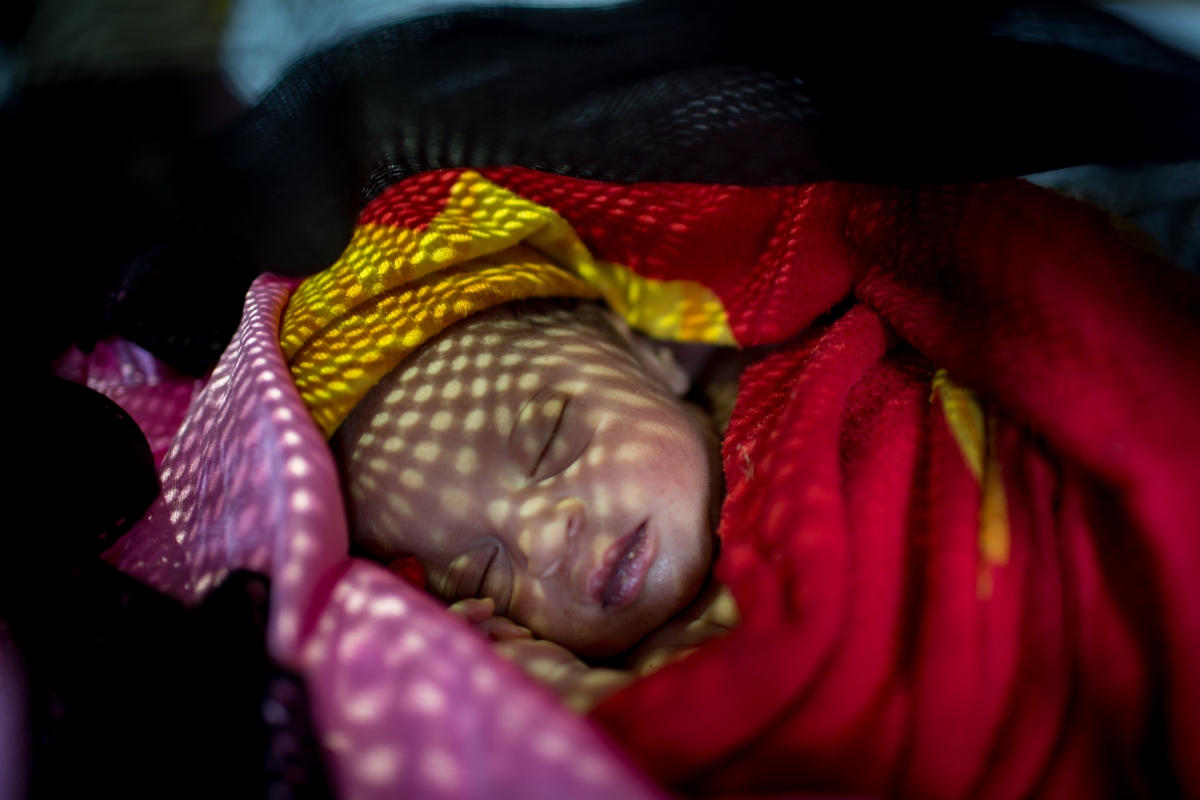
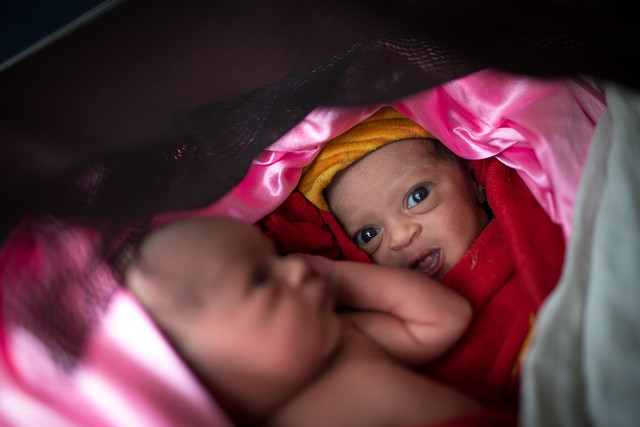
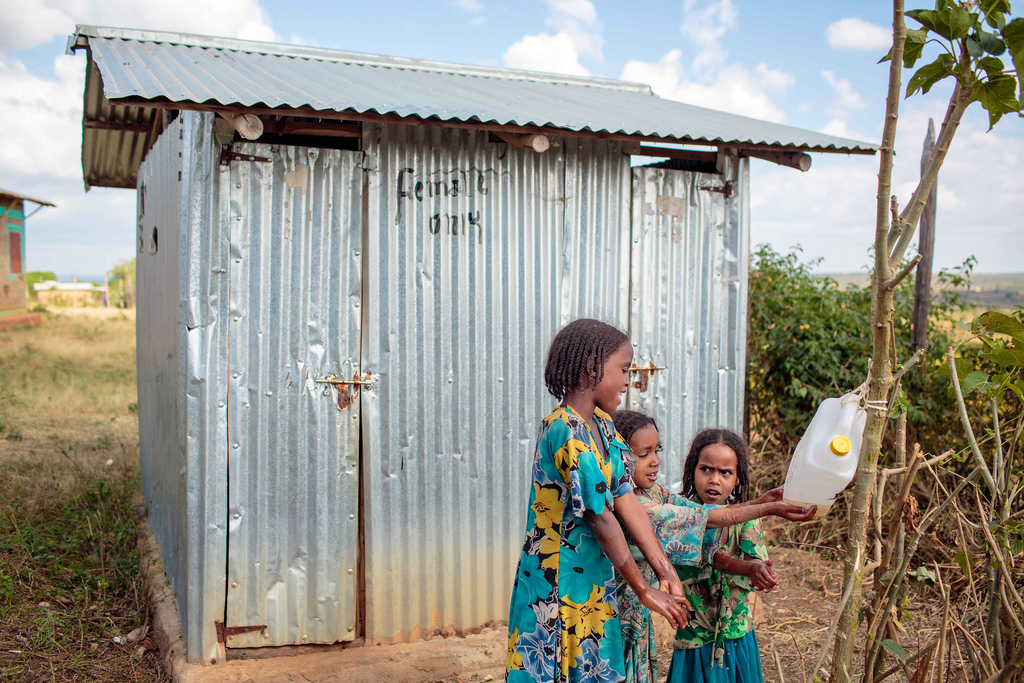
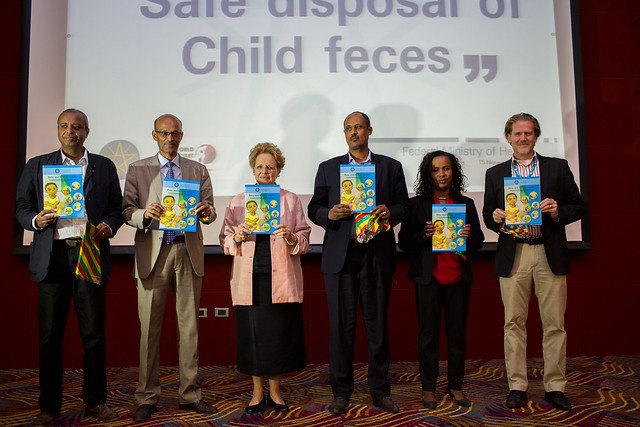






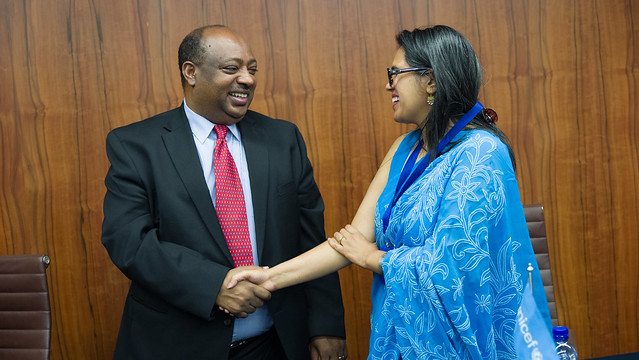



 UNICEF Ethiopia /2017/Martha Tadesse
UNICEF Ethiopia /2017/Martha Tadesse
